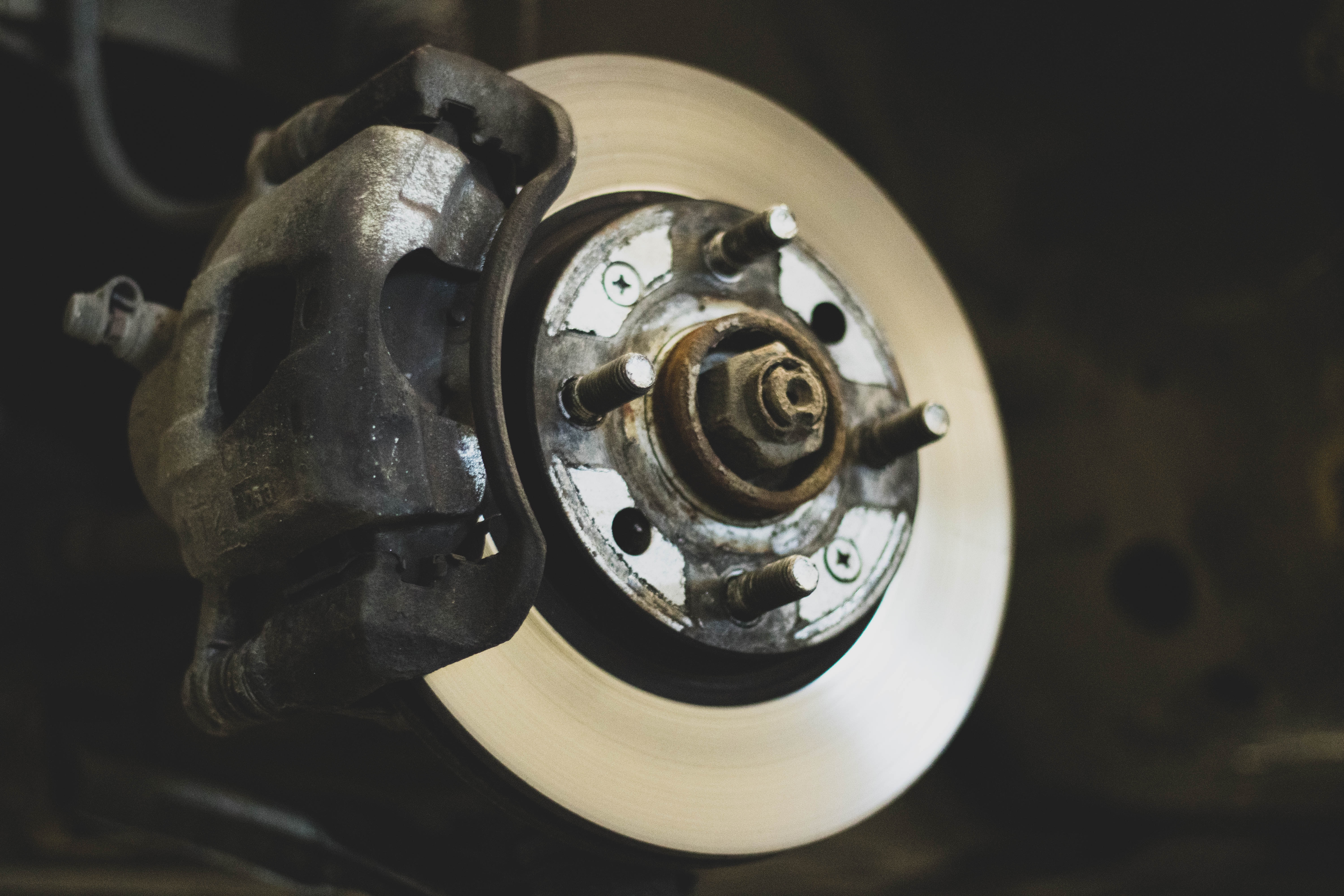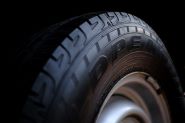When to Get Your Brakes Checked
Brakes allow your car to stop safely, so are undoubtedly one of the most important aspects of your vehicle. They are made up of multiple complex components including brake pads, brake discs and brake callipers. If any of these brake elements become worn or faulty, it can cause significant problems for your car.
Your car’s braking system is checked during a service or MOT, so any issues could cause your vehicle to fail, and could see you paying a costly amount on replacements and repairs. As a result, it’s crucial to check your brakes regularly.
Keep reading to discover when to get your brakes checked and how to save money on brake maintenance with our Brakes4Life scheme.
How often should you get your brakes checked?
National and Halfords recommend that you get your car serviced annually, as your brakes and other important components are covered as part of this. An annual brake check will allow any potential issues to be spotted and solved quickly, giving you peace of mind that your brakes are in order.
Many newer cars are fitted with brake wear pad sensors that will alert you when the thickness of your brake pads have reached a level which requires attention. Other vehicles have wear indicators fitted to the brakes that will make a screeching sound when it’s time for them to be replaced. The legal minimum thickness of your brake pads must be at least 1.5mm, although most manufacturers suggest you should probably replace pads as they wear down below 3mm.
However, these alerts only relate to brake pads and won’t warn you of any other brake issues such as worn brake discs, low brake fluid levels or rusty brakes. If you suspect that there could be a problem with any aspect of your brakes, it’s essential that you get them checked by one of our friendly technicians as soon as possible.
How long do brakes last?
How long your brake pads, and brake discs last will depend on your style of driving and the type of vehicle you drive. If you drive regularly in busy, urban areas, your brake pads are more likely to wear out quickly than those who drive less often. The same rules apply for your brake discs, although these often last longer than brake pads. It’s recommended that brake fluid is changed at least once every two years.
How do I know if my brakes need replacing?
If you find that your brakes are not as responsive as they used to be, they will need to be checked as soon as possible. This could be down to multiple issues from old brake fluid to worn brake pads and discs. There are several signs to look out for that indicate your brakes may need replacing:
Grinding sound
If you hear a grinding sound as you try to brake, this could be the sound of the metal wear indicator on your brake pads contacting the brake discs.
Squealing sound
A squealing sound as you brake could be down the brakes becoming wet during rainy weather, which can lead to rust build up over time.
Wheel leaks
Worn seals on your braking system can lead to fluid leaks. This not only impacts the responsiveness of your brakes but can also lead to leaking on your inner wheels.
Steering pulling to one side
If your steering wheel pulls to either the left or the right, this could be down to your brakes becoming more worn on one side or a sticking brake caliper.
Steering vibrating
A vibrating steering wheel as you brake could be a sign of warped brake discs.
Brake pedal sinking
If you find you have to push your brake pedal further down than usual, this is an indication that your brake system could be leaking.
Brake warning light
You should get your vehicle checked as soon as possible if the brake warning light appears on your dashboard.
Sticking handbrake
If there's extra resistance when you take off the handbrake and attempt to pull away, this could cause your brakes to overheat.
If you notice any of the above issues with your car brakes, book an appointment with us as soon as possible and one of our technicians will take a look and get you back on the road safely.
Brakes4Life
We know that replacing car parts can be expensive, but we’re here to ensure that keeping your car safe is as affordable as possible. That’s why we’re proud to offer our Brakes4Life scheme.
To join Brakes4Life, all you need to do is book a free brake check with us. If you’re required to replace your brake pads or brake shoes, simply buy a set from us and you’ll never have to pay to replace them ever again.*
So, whenever you need a new set of brake pads or brake shoes in the future, you’ll get them replaced absolutely free.
Even if you change your car, you can transfer the Brakes4Life scheme to your new vehicle. For more information, visit our Brakes4Life page today.
Discover more about Brakes4Life.
*Terms and conditions apply.
Did you enjoy this blog post? |22 people found this review helpful




 Sign up for SPECIAL OFFERS
Sign up for SPECIAL OFFERS
